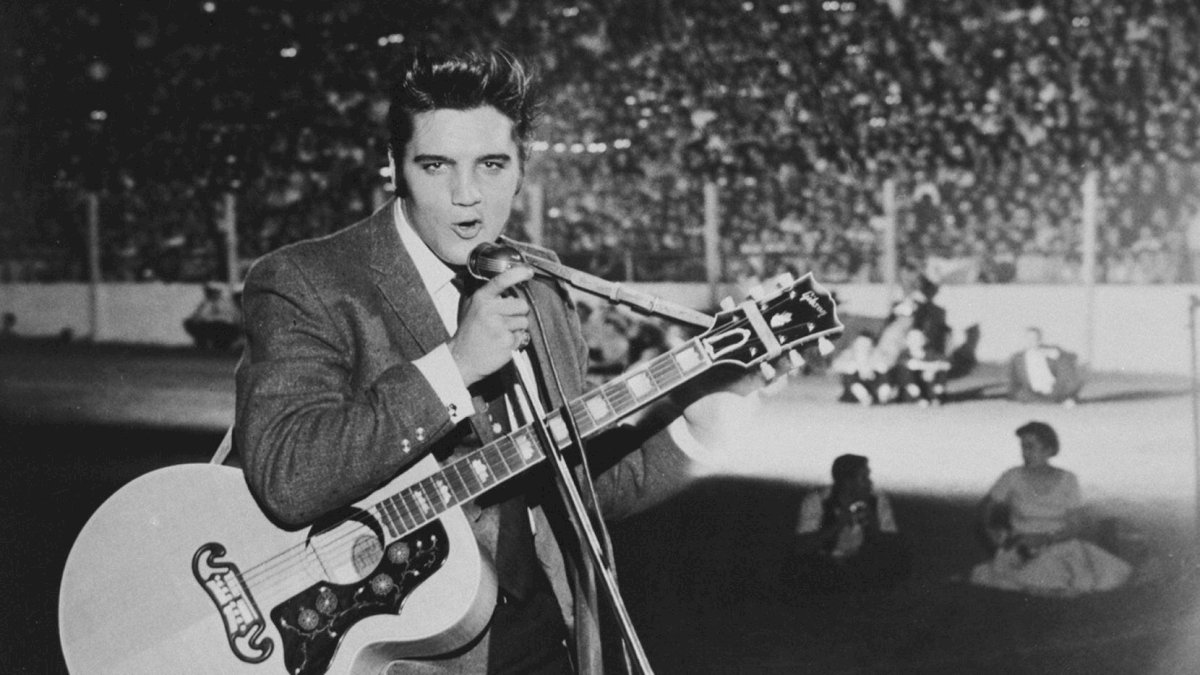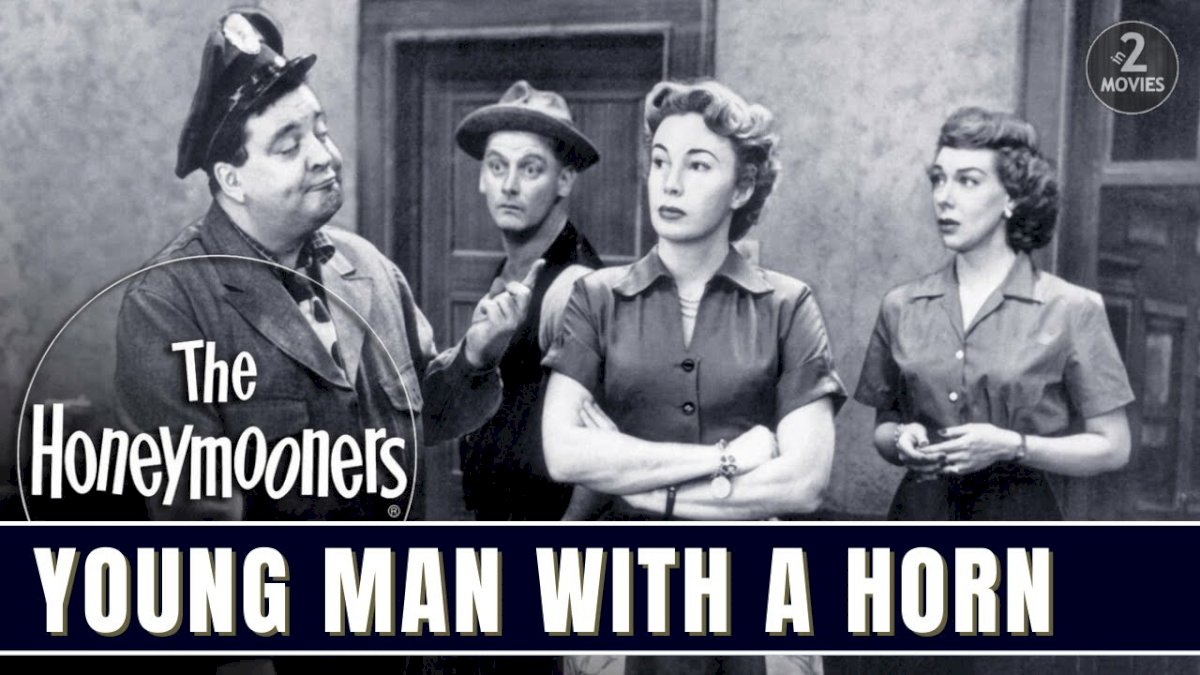"Beetlejuice," the 1988 dark comedy fantasy film directed by Tim Burton, stands as a testament to the director's unique vision and creative genius. This macabre yet whimsical tale of the afterlife, starring Michael Keaton, Alec Baldwin, Geena Davis, and Winona Ryder, has captured the hearts of audiences for over three decades. In this article, we will delve into the world of "Beetlejuice" to explore its enduring appeal, its impact on popular culture, and its place in the pantheon of iconic films.
(Watch the video below)

Origins and Tim Burton's Creative Vision

"Beetlejuice" emerged from the imaginative mind of director Tim Burton, known for his distinctive style that blends elements of fantasy, gothic aesthetics, and dark humor. The film marked Burton's second directorial effort, following his success with "Pee-wee's Big Adventure" in 1985. For "Beetlejuice," Burton partnered with screenwriters Michael McDowell and Warren Skaaren to craft a story that would embrace the unusual and the macabre while infusing it with his signature brand of whimsy.
Burton's vision was influenced by his fascination with the afterlife, the supernatural, and the oddities of human existence. The film's title character, Beetlejuice, epitomizes this blend of dark humor and the fantastical. Portrayed by Michael Keaton in a career-defining role, Beetlejuice embodies Burton's creative ethos: a character whose chaotic antics and irreverent attitude challenge the conventions of the spirit world.
Plot and Fantasy World: Life Beyond the Grave

"Beetlejuice" invites audiences into the bizarre and supernatural world of the recently deceased. The story revolves around Barbara (Geena Davis) and Adam Maitland (Alec Baldwin), a recently married couple who meet an untimely demise in a car accident. Finding themselves trapped in their own home as ghosts, the Maitlands must navigate the afterlife and learn the ropes of ghostly existence.
Their peaceful afterlife takes a turn when the Deetz family – Charles (Jeffrey Jones), Delia (Catherine O'Hara), and their goth daughter Lydia (Winona Ryder) – moves into the Maitlands' home. In their attempts to reclaim their house, the Maitlands summon the eccentric and mischievous bio-exorcist Beetlejuice, who promises to scare the Deetzes away.

As the story unfolds, "Beetlejuice" explores themes of life, death, the supernatural, and the unpredictable nature of the afterlife. The film's whimsical depiction of the ghost world, populated by surreal and often comical creatures, serves as a backdrop for the Maitlands' journey of self-discovery and the Deetzes' quirky family dynamics.
Character Dynamics and Dark Humor

The character dynamics in "Beetlejuice" contribute to the film's unique charm and darkly comedic tone. The Maitlands, as newly minted ghosts, serve as the audience's entry point into the fantastical world of the film. Geena Davis and Alec Baldwin bring warmth and relatability to their roles as the endearing and slightly befuddled couple navigating the afterlife.
Winona Ryder's portrayal of Lydia Deetz provides a counterpoint to the Maitlands. Lydia's gothic sensibilities and loneliness make her particularly attuned to the supernatural occurrences in the house. Her fascination with death and the afterlife aligns her with the Maitlands, forming an unexpected bond that underlines the film's themes of connection across the realms of life and death.
Enter Beetlejuice: Chaotic Catalyst

The film's namesake, Beetlejuice, steals the spotlight with his outrageous personality and irreverent behavior. Michael Keaton's portrayal of the titular character is a masterclass in physical comedy, improvisation, and charismatic unpredictability. Beetlejuice serves as both a chaotic force and a trickster figure, injecting the film with his unique brand of dark humor.
Beetlejuice's interactions with the Maitlands, Lydia, and the Deetzes generate some of the film's most memorable and zany moments. His unorthodox methods and disregard for the consequences create a sense of both amusement and tension, propelling the narrative toward its climactic resolution.
Themes and Subtext: Mortality and Identity

Beneath the surface, "Beetlejuice" grapples with deeper themes related to mortality, identity, and the afterlife. The Maitlands' journey as ghosts offers a reflection on the uncertainty and adjustment that can come with death. Their struggle to come to terms with their new existence, as well as their connection with Lydia, highlights the film's exploration of human relationships and emotional bonds that transcend the boundary between life and death.
Lydia's fascination with death and her longing for connection echo the broader human fascination with the unknown and the quest for meaning beyond the material world. The film's depiction of the afterlife, with its bureaucratic structures and absurd regulations, serves as a satirical commentary on human institutions and the absurdity of rules governing the great unknown.
Visual Style and Iconic Imagery
"Beetlejuice" is a visual feast that showcases Tim Burton's knack for creating distinctive and immersive worlds. The film's production design, led by Bo Welch, is characterized by a blend of gothic aesthetics, fantastical elements, and a color palette that contrasts the mundane with the otherworldly. The Maitlands' quaint and picturesque home stands in stark juxtaposition to the chaotic and surreal afterlife they encounter.
Beetlejuice's den, a carnival-like underworld, serves as a prime example of the film's imaginative design. The visually striking sequences involving Beetlejuice's attempt to marry Lydia and the iconic "Day-O (The Banana Boat Song)" scene are emblematic of the film's marriage of dark humor and vibrant visuals.
Legacy and Lasting Impact

"Beetlejuice" has endured as a cult classic due to its unique blend of genres, captivating visuals, and unforgettable characters. The film's quirky humor and exploration of the supernatural have left an indelible mark on popular culture. The character of Beetlejuice, with his iconic striped suit, wild hair, and manic energy, has become an enduring symbol associated with Halloween and irreverent humor.
The film's influence can be felt in subsequent works by Tim Burton, as well as in the broader landscape of fantasy and dark comedy. The world-building, subversive humor, and exploration of the afterlife have inspired a new generation of filmmakers and storytellers.
Conclusion: An Eccentric and Timeless Tale
"Beetlejuice" is a film that defies easy categorization, weaving elements of fantasy, comedy, and the macabre into a captivating and imaginative narrative. Through its eccentric characters, dark humor, and exploration of the afterlife, the film offers a unique perspective on life, death, and the spaces in between. Tim Burton's creative vision and the iconic performances by the cast have solidified "Beetlejuice" as a cinematic gem that continues to charm, entertain, and provoke thought across generations. In a world where the supernatural and the absurd converge, "Beetlejuice" remains a timeless testament to the power of imagination and storytelling.



